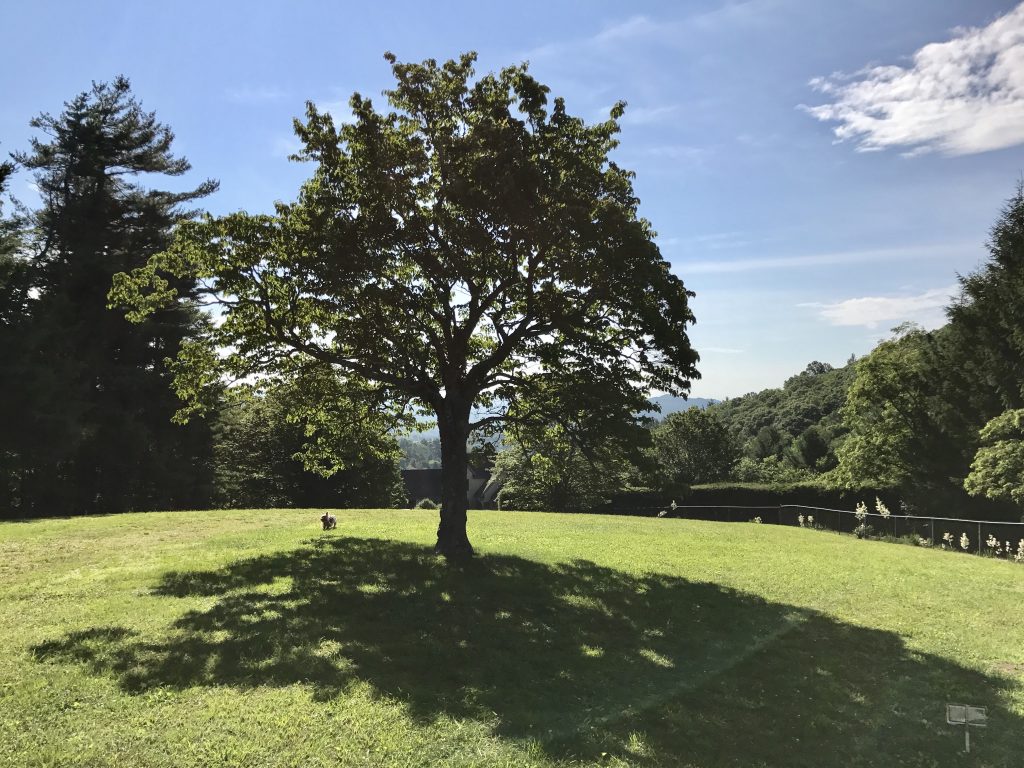Genetic Genealogy Holdout
I am a pretty good time keeper. In fact, I pride myself on being timely. I would even say I am usually ahead of schedule. However, when it comes to genetic genealogy, I confess I am fashionably late to the party.
In 2002 I tested my father and mother with Ancestry’s newly announced Y-DNA and mtDNA test kits respectively. The results came in. We looked at them and shrugged. Thus concluded my experience with genetic genealogy for the next decade.
Finally, in 2012 when Ancestry released a game-changer and began selling autosomal DNA (atDNA) kits, I ventured back to the arena again. Clever marketing highlighted the ability to receive your ethnicity results. I tested my immediate family for fun. There was no chance of uncovering the proverbial golden ticket, such as Native American DNA. My mother was born in Scotland and my father is of Swedish, Irish Canadian and German descent. Years of careful research supported this. Accordingly, learning nothing new, I continued on believing DNA testing was of no value-add to my research.
Just typing this now makes me think of the phrase, “Eyes wide shut.” Cringe.
Conversion
This spring I became a certificate holder from the Boston University Genealogical Research Program. Enter stage right, Melinde Lutz Byrne, the program director and instructor of the forensic genealogy module. Matched only by the depth of her knowledge, her enthusiasm for genetic genealogy is contagious. Consequently, a little Melinde magic and my perspective changed. Who knew DNA testing has real worth in genealogy? Melinde does, and she is proficient at conveying that comprehension! Never more quickly have I grasped how little I knew about a subject. Nor more quickly reversed the situation as my passion for genetic genealogy took on a life of its own. One of the highlights of the National Genealogical Society Conference this year was meeting Melinde in person, and discussing recent developments from a real life class case study.

Genetic Genealogy – Powerful Stuff
It has always been my belief that in order to know where one is going, we have to know where we have been. We need to know who and where we come from. Strong roots and all that. This is where the real potential of genetic genealogy lies. In its ability to help solve cases of adoption or non-paternity events (NPE). DNA does not lie. It does not misdirect, cover-up or even simply blush. DNA breathes authenticity. We all deserve to have our questions of identity answered and know where we fit into a family tree. As a result of DNA testing this has now become a reality for countless adoptees.
Over the years I have discovered a few NPEs in my own family tree, resulting in “brick walls.” Through thoughtful testing, meaning testing the right individuals with the right tests, I plan to make progress. On a recent trip to England, accompanied by a small suitcase of atDNA test kits, my husband and I tested the oldest generation of family. We are now patiently waiting for the kits to complete processing. In the meantime, I’ve been reaching out to specific male cousins asking if they would be willing to test their Y-DNA at Family Tree Maker (FTDNA.)
Genetic Obsession
I’m a quick learner, hence I realize what I have been missing. I am now obsessed with DNA. Blaine Bettinger’s blog the Genetic Genealogist is a daily must read. Followed quickly by his Facebook group, “Genetic Genealogy Tips & Techniques.” Like potato chips, I now believe you can’t just have one DNA test. My bag always contains a kit or two at the ready. Ancestry’s “Shared Matches” tool makes identifying connections with cousins an ease. Additionally, thanks to GEDmatch, MyHeritage and FTDNA, my raw DNA data has been uploaded to more resource pools potentially casting my net wider for a cousin match.
Much as I’d like this post to be a clever segue into a wonderful story of a solved NPE, it isn’t. It really is a confession of failing to be conscious of all available options. Such closed mindedness can potentially stalwart your research. On the other hand it is a happy story. You know, the one where enlightenment comes…finally.
I’ll be sharing my experiences with DNA testing over the coming months. Not only because genetic genealogy is a hot topic, but also because I’m addicted and I just can’t stop exploring the discipline . Using specific examples from my own research to illustrate the advantages of adding this tool to your skill set, I hope to convert any of the last DNA holdouts. Surely someone must be far tardier than I?
To my credit, ethnicity results are still just the party favor.